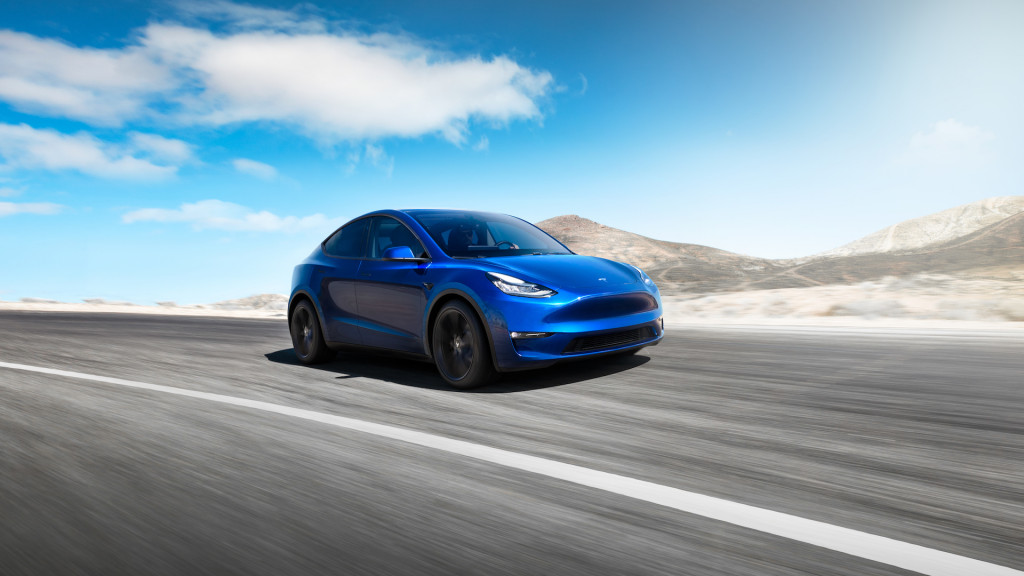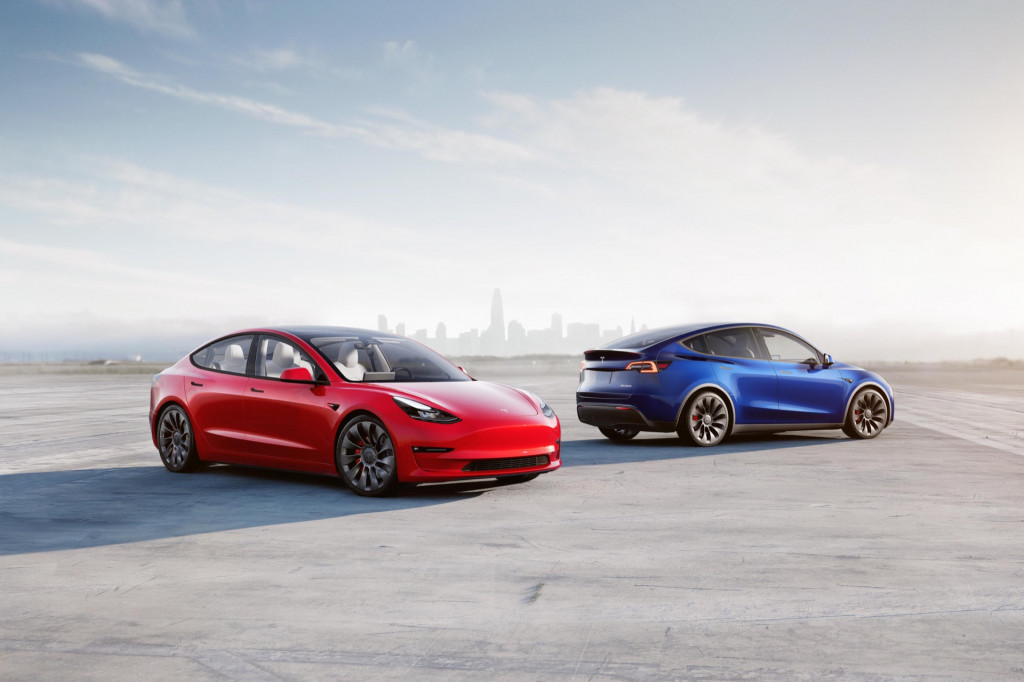California drivers can now get behind the wheel of a Tesla Model Y without a long-term commitment with subscription service Autonomy.
The company launched its subscription service in January with the Tesla Model 3, and according to a recent release it's now adding the Model Y. For both vehicles, Autonomy aims to offer a more flexible alternative to traditional buying or leasing, at prices lower than rental services like Hertz, which has announced plans to add 100,000 Tesla vehicles to its fleet in North America and Europe by the end of 2022.

Tesla Model Y
Rates range from $690 a month with a $7,900 start fee to $1,350 a month with a $1,000 start fee. Those rates include up to 1,000 miles a month in a Tesla Model Y Long Range, with basic routine maintenance and roadside assistance. Customers must pay an additional $500 security deposit, however, plus any applicable taxes.
Autonomy offers month-to-month subscription options, but with a three-month minimum and 28 days' termination notice. As with the Model 3, the service is also only available in California. Reservations also must be made through a dedicated app, which is iOS-only for now (Autonomy promises an Android version soon).
Cars can be delivered anywhere in California for $100 (plus tax) "for a limited time," or an be picked up at a delivery center in Santa Monica, according to Autonomy's release.

2022 Tesla lineup (Courtesy of Tesla, Inc.)
A subscription model could be a good way for drivers to test out living with an EV before committing to buy or lease one. For anyone specifically contemplating a Model Y or Model 3, it may be even more tempting now that Tesla has eliminated the possibility of end-of-lease purchase.
The popularity of Tesla EVs—particularly the Model Y—also makes them good choices to build a subscription-service fleet around.
Tesla has topped a 10% market share in California, and the Golden State has made up roughly one-eighth of Tesla's global deliveries. The Model Y accounted for nearly one out of every three new EVs in the United States in the first quarter of the year.












